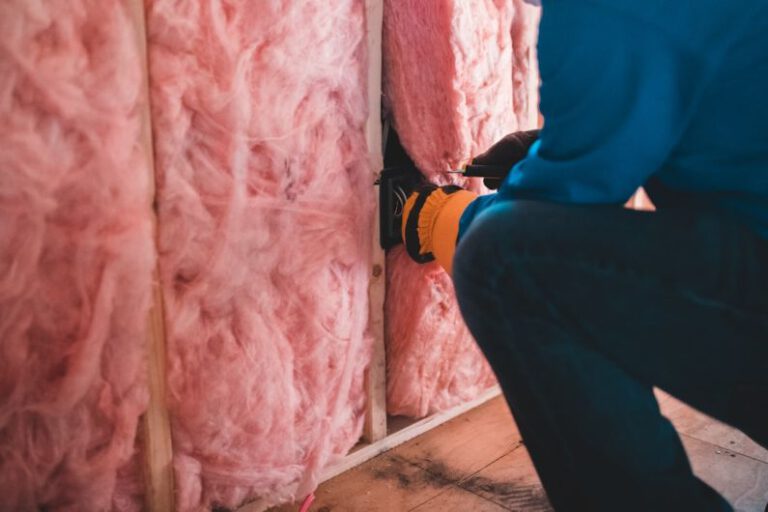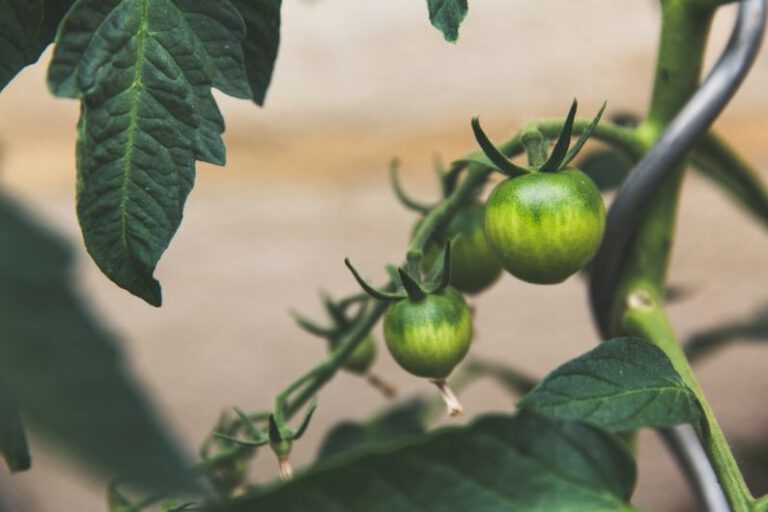How to Create a Zero Waste Kitchen?
Creating a Zero Waste Kitchen: Reduce, Reuse, and Recycle
In today’s world, where environmental consciousness is becoming increasingly prevalent, more and more people are looking for ways to reduce their carbon footprint and live a more sustainable lifestyle. One area where we can make a significant impact is in our kitchens. By making a few simple changes to our daily habits and routines, we can transform our kitchens into zero waste spaces that are not only better for the environment but also for our wallets. Here are some practical tips on how to create a zero waste kitchen.
Start with a Waste Audit
The first step in creating a zero waste kitchen is to conduct a waste audit. Take a look at what you are throwing away on a regular basis and identify areas where you can make improvements. Are you throwing away a lot of food scraps? Are you using single-use plastic bags and containers? By identifying the sources of your waste, you can start to make targeted changes to reduce it.
Reduce Food Waste
One of the biggest sources of waste in the kitchen is food waste. To reduce food waste, plan your meals carefully and only buy what you need. Keep track of what you have in your pantry and fridge to avoid buying duplicate items. Use up leftovers by incorporating them into new dishes or freezing them for later use. Composting food scraps is another great way to reduce waste and create nutrient-rich soil for your garden.
Embrace Reusable Options
One of the easiest ways to reduce waste in the kitchen is to switch to reusable options. Invest in reusable shopping bags, produce bags, and containers for storing food. Instead of using disposable paper towels, opt for cloth napkins or towels that can be washed and reused. Ditch single-use plastic wrap and aluminum foil in favor of beeswax wraps or reusable silicone food covers. By making these small changes, you can significantly reduce the amount of waste you produce.
Choose Sustainable Packaging
When shopping for groceries, pay attention to the packaging. Choose items that are packaged in recyclable or compostable materials whenever possible. Look for bulk bins where you can buy items like grains, nuts, and spices without the packaging. Consider shopping at farmers’ markets or joining a community-supported agriculture (CSA) program to support local producers and reduce packaging waste.
Repurpose and Upcycle
Instead of throwing items away, look for ways to repurpose or upcycle them. Glass jars can be used to store leftovers, bulk items, or homemade sauces and dressings. Old towels or t-shirts can be cut up and used as cleaning rags. Get creative with how you use items in your kitchen to extend their lifespan and reduce waste.
Invest in Quality Kitchen Tools
Investing in quality kitchen tools can help reduce waste in the long run. Choose durable items that are built to last, such as stainless steel pots and pans, wooden utensils, and glass storage containers. These items may cost more upfront but will save you money in the long run by reducing the need for frequent replacements.
Revamp Your Cleaning Routine
Many conventional cleaning products come in single-use plastic bottles and contain harmful chemicals that are bad for the environment. Consider making your own cleaning products using simple ingredients like vinegar, baking soda, and essential oils. Not only are these products more environmentally friendly, but they are also safer for you and your family.
Create a Zero Waste Kitchen Garden
One way to reduce waste in your kitchen is to grow your own herbs, fruits, and vegetables. Even if you don’t have a lot of space, you can grow herbs on a windowsill or balcony. Composting food scraps can also help create nutrient-rich soil for your garden. By growing your own food, you can reduce your reliance on store-bought produce and cut down on packaging waste.
Conclusion:
By following these tips and making small changes to your daily routines, you can create a zero waste kitchen that is not only better for the environment but also for your health and well-being. Remember that creating a zero waste kitchen is a journey, and every small step you take makes a difference in reducing waste and living more sustainably.






